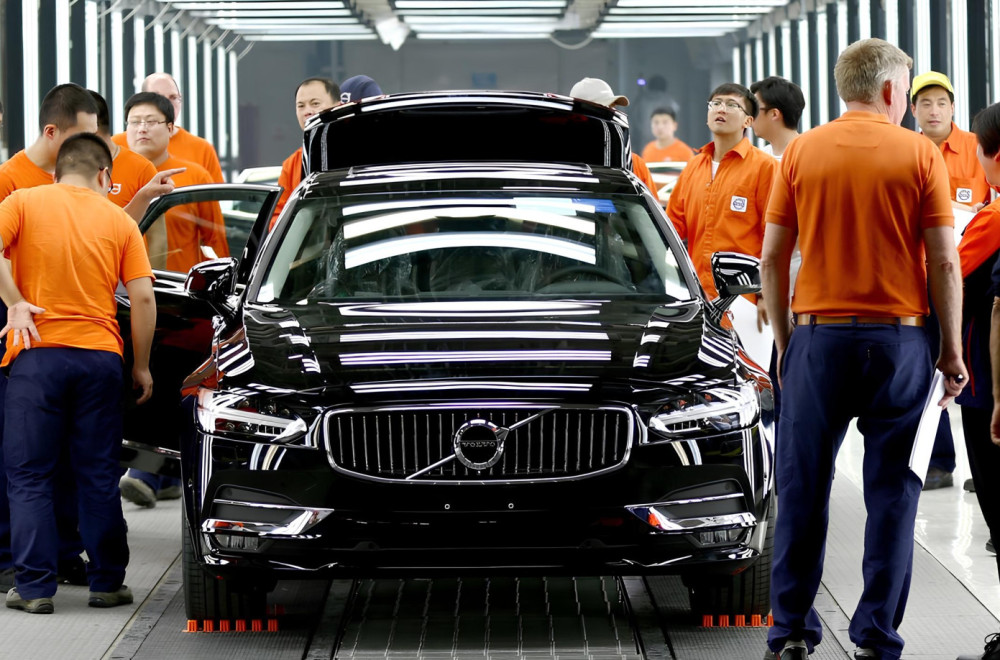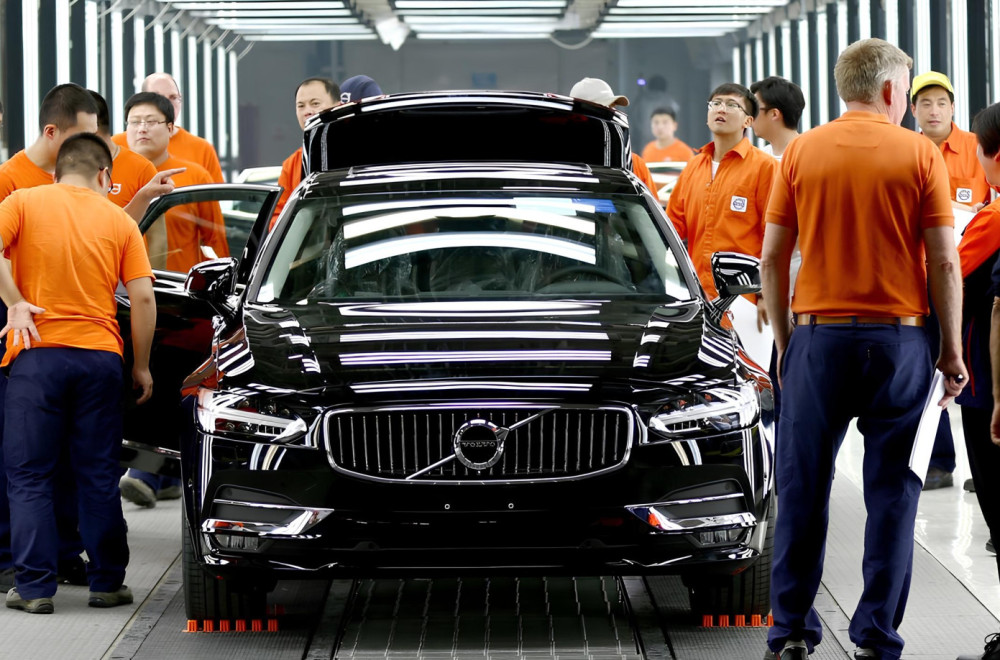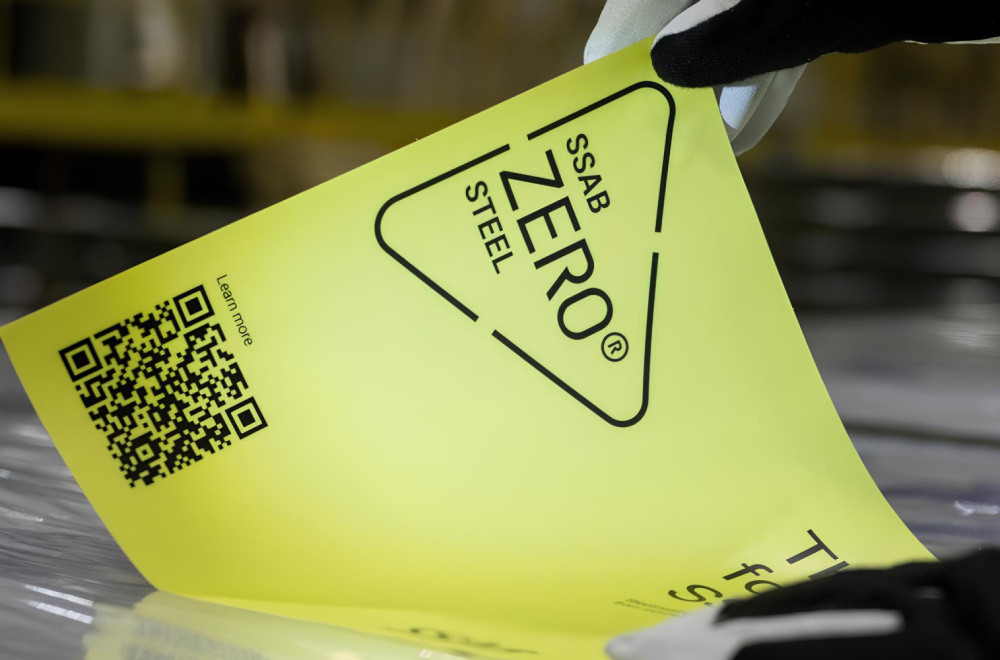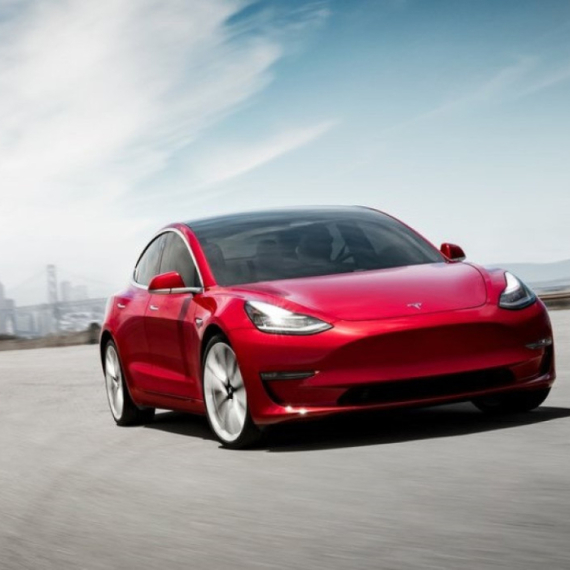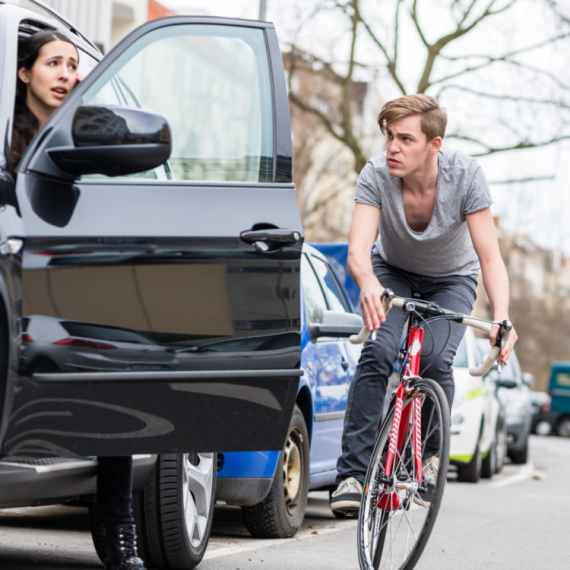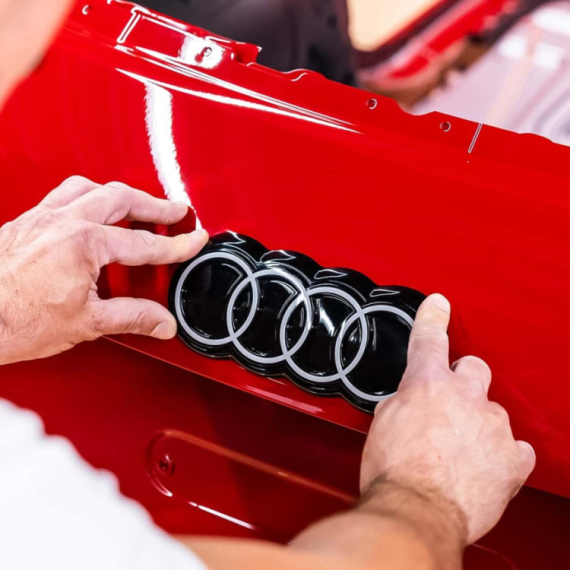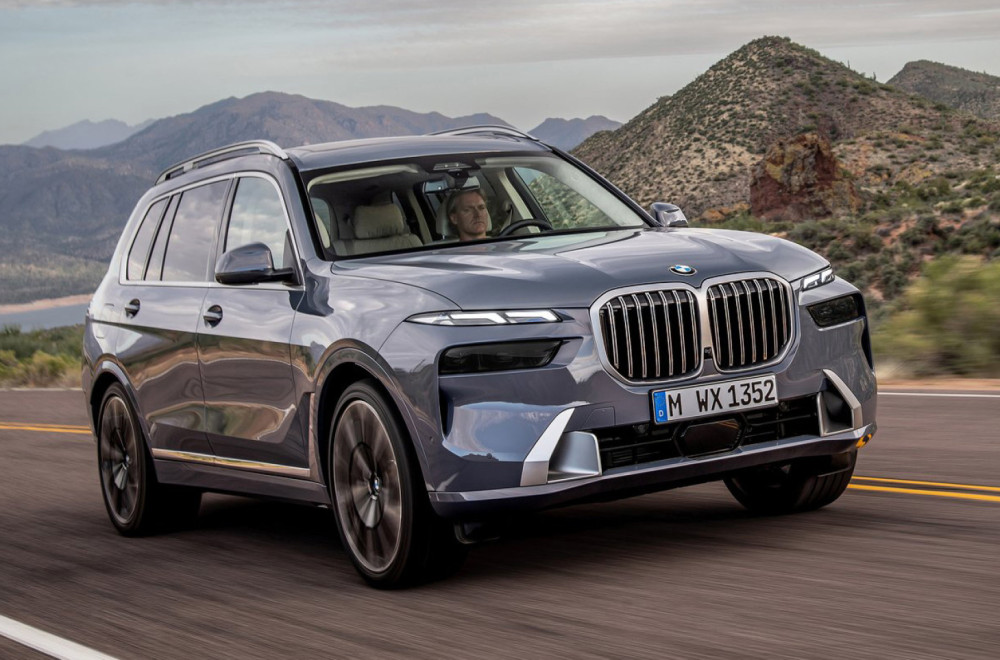Swedish car manufacturer Volvo has become the first to introduce recycled steel with nearly zero carbon dioxide emissions into the mass production of its vehicles. This innovative material, supplied by Swedish company SSAB, will be used in the fully electric SUV EX60 and other models based on the new SPA3 platform. The recycled steel reduces CO2 emissions by almost 90% compared to conventional steel, and Volvo plans that by 2030, 30% of the materials in its fleet will be recycled. This move further solidifies Volvo’s position as a leader in the sustainable transformation of the automotive industry.
Political Perspectives:
Left: Left-leaning sources emphasize Volvo’s commitment to sustainability and environmental responsibility, highlighting the significant reduction in carbon emissions and the use of recycled materials as a positive step towards combating climate change and promoting green technology in the automotive industry.
Center: Center-leaning sources report the facts about Volvo’s innovation in using recycled steel with near-zero emissions, focusing on the technical and economic aspects of the development, including the partnership with SSAB and the impact on production and future goals for emission reductions.
Right: Right-leaning sources may acknowledge the innovation but often emphasize the economic and competitive advantages for Volvo, such as leadership in the automotive market and potential cost savings, while sometimes expressing skepticism about the environmental impact claims or focusing on the feasibility and market demand for electric vehicles.






